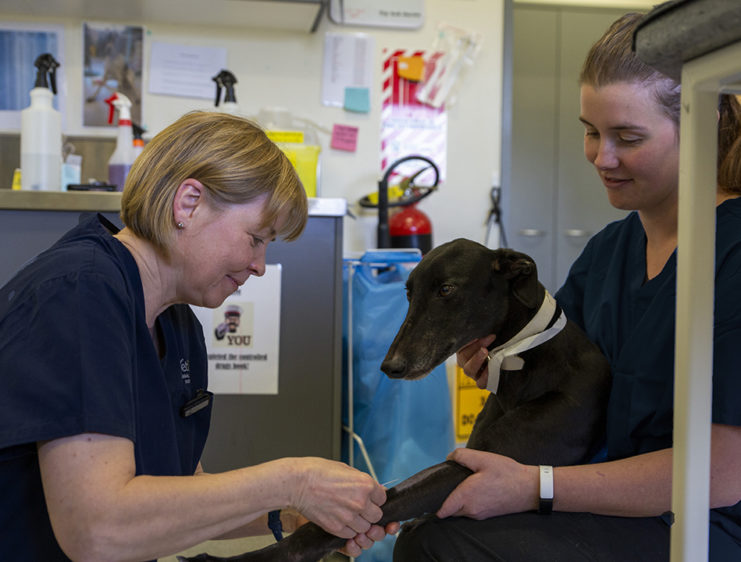
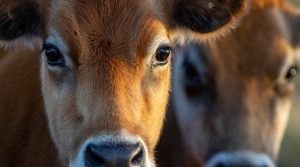 Explore the latest news, insights, and seasonal advice designed to keep your pets and livestock healthy and thriving.
Explore the latest news, insights, and seasonal advice designed to keep your pets and livestock healthy and thriving.Ensuring your beef bulls are ready to go
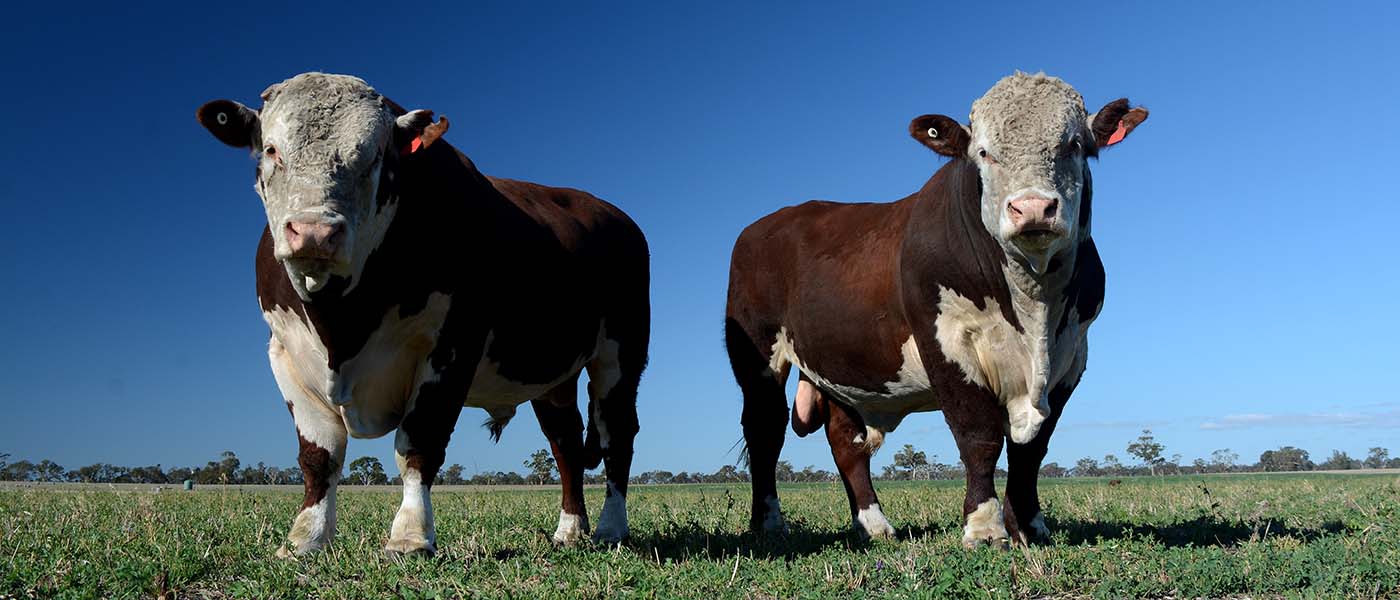
Mating season is upon us once again and it is important to set yourself up for success. Having healthy bulls in top form is important to maximise fertility and reduce the chances of mishap. The first step is to ensure that you have enough bulls for your needs. The use of synchrony programmes is often […]
READ MORE

Targeted selective treatment
Resistance to worm drenches is a well recognised issue in the sheep industry, but it is also starting to become more common amongst mobs of dairy heifer replacements in their first season’s grazing. Unfortunately, New Zealand leads the world in the occurrence of drench resistance amongst cattle parasites. Although there are a lot of factors […]
READ MORE

Swayback in lambs
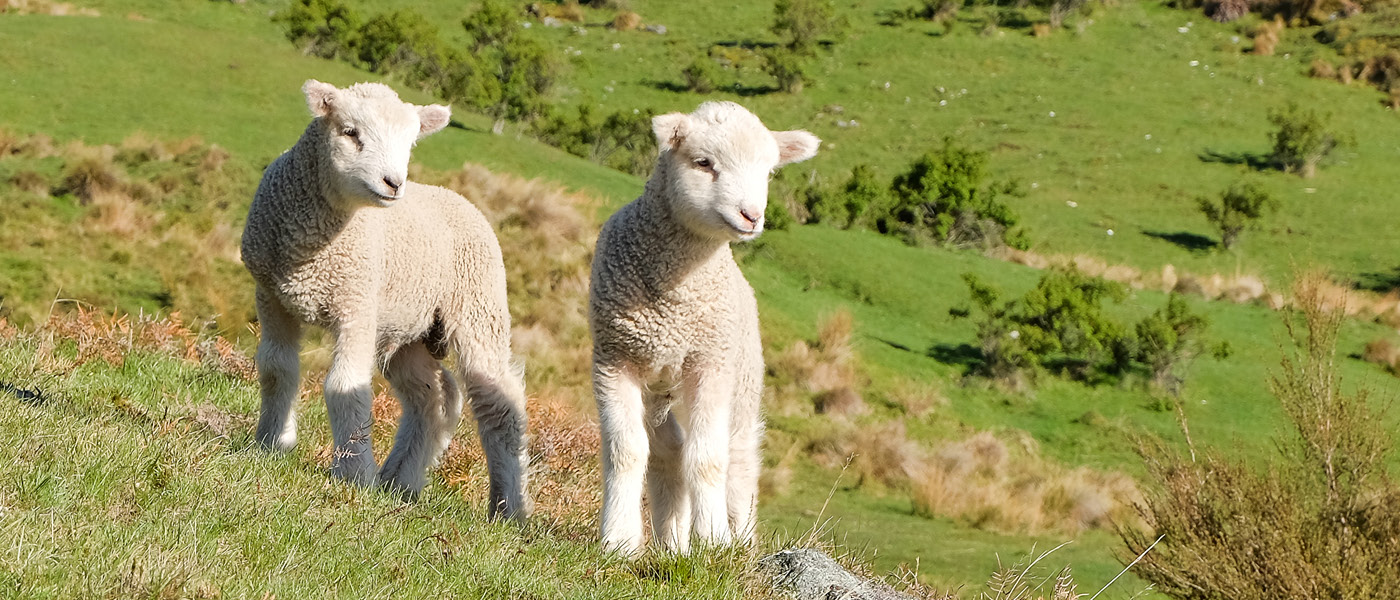
Ewes that undergo copper deficiency during pregnancy can give birth to offspring with swayback, a congenital nervous system disease. Lambs may appear normal at birth, and they may not express neurological disease until they are 1 week to several months of age (even though the condition is a result of deficiency of the dam) – […]
READ MORE

Managing stags to maximise velvet production
Velvet production is highly heritable, meaning that much of the velvet weight and characteristics achievable from your stags are due to their genetics – however, for them to express their genetic potential they require optimal feeding. Good feeding rewards good breeding. Of course, good feeding is important at all ages and stages to ensure target […]
READ MORE

Animal Monitoring – the game changer
Automated heat detection, real-time health monitoring, virtual fencing – technology has arrived in the dairy industry, and it is here to stay! We now have the ability to accurately monitor individual cows in real time by using this advanced equipment to observe, assess and refine our systems to achieve our goals, whatever they may be. […]
READ MORE

Conception: It’s all about timing!
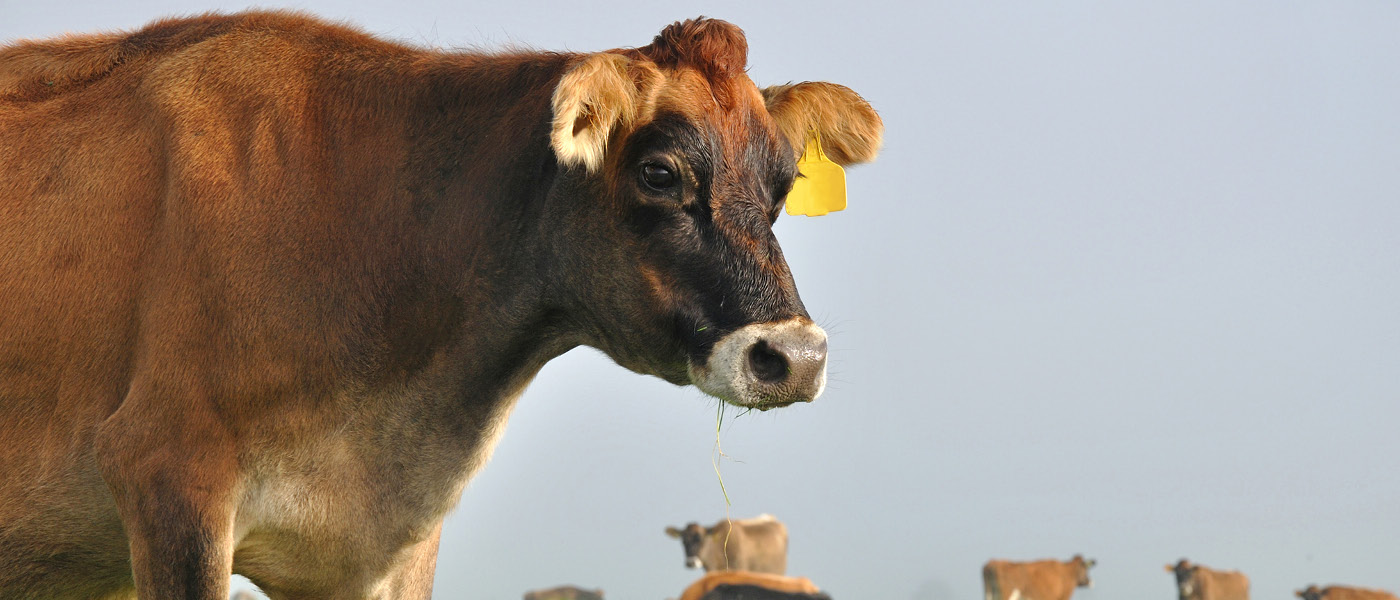
As we move through calving, our attention should start to focus on mating. While for most of us it is still six weeks away, our success depends largely on two factors: submission rates and conception rates. Often, we are preoccupied with submission rates and believe that achieving the gold standard of 90% submission rates in the first three […]
READ MORE

Novel drench use in R1 calves
Many farming systems have designated youngstock properties or areas of the farm where youngstock do most of their rotational grazing. Whilst this is a sound and practical way of managing the all-important formative years of your cattle, it is not always the best way to manage the unseen challenge lurking beneath – that is […]
READ MORE

Post-drench checks
A faecal egg count performed 10-14 days after a drench is a simple and cost-effective means of checking that the drench you are using is working. This can be done either after your pre-weaning or weaning lamb drench or at 50-70 days after capsule insertion. The utilisation of this procedure is becoming more and more […]
READ MORE

BCS and mating
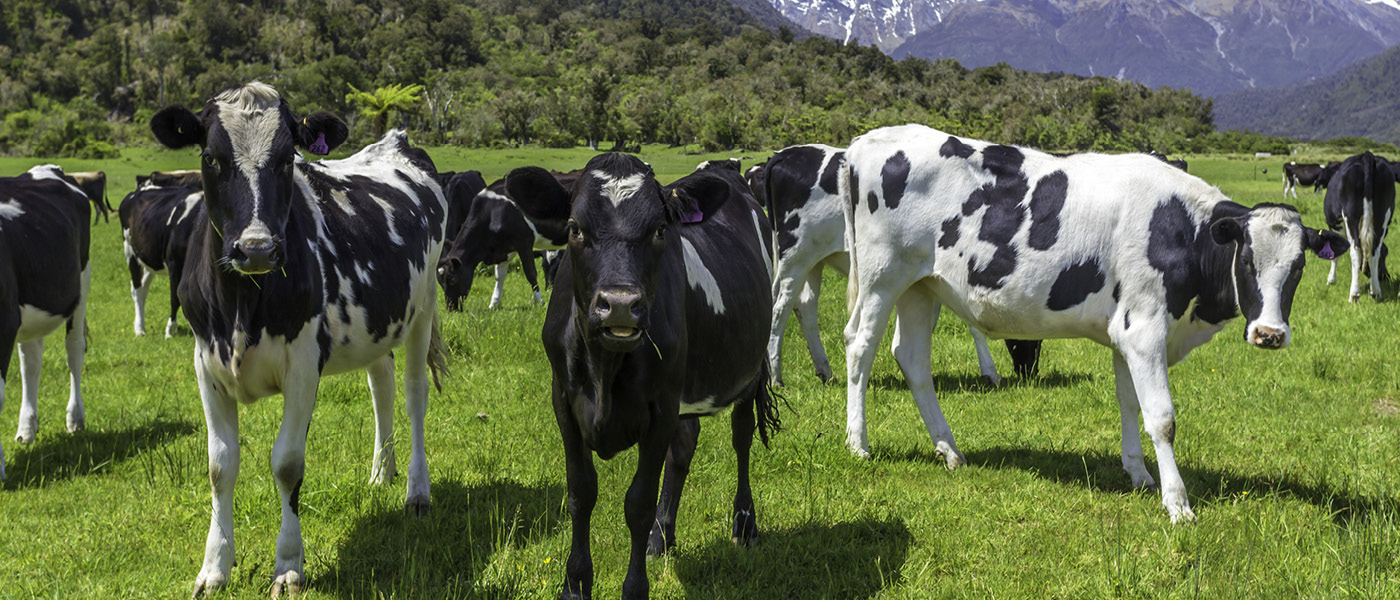
New Zealand’s pasture-based dairy system is characterized by a seasonal calving pattern that aligns with pasture growth, starting in spring and ending in autumn. The goal is to maintain a calving interval of no more than 365 days. To achieve this, mating should begin 80 to 85 days after calving, with most farmers starting around […]
READ MORE

FEC (Faecal Egg Count) Device
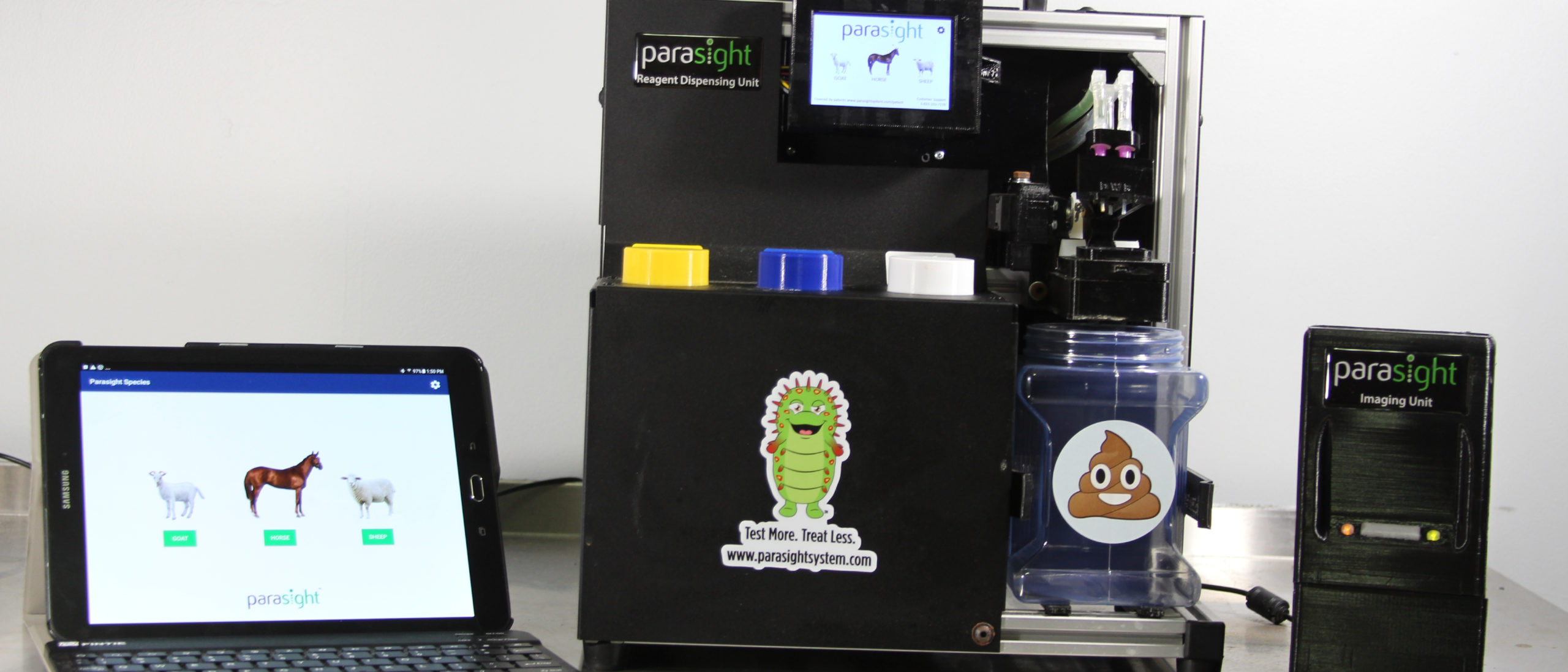
Faecal egg counting (FEC) for cattle and sheep is an increasingly important tool in the ongoing battle to slow or delay the onset of drench resistance. Technology is evolving quickly in this area with several “new” methods emerging. Manual FEC, using a modified McMaster technique, is the age-old tried and true method for monitoring parasite […]
READ MORE

Pasteurisation – is it time to consider?
What is pasteurisation? It is a process whereby milk is heated to a certain temperature for a certain period of time thus killing bacteria and viruses. There are two types of pasteurisation: High Temp Heat Treatment (HTHT) or “flash” pasteurisation which works on a continuous flow process. It is short and quick, heating milk to […]
READ MORE

Fonterra Co-operative Difference – How your vet can help
If you are a Fonterra supplier, you should have been notified over the past couple of months about changes around the Fonterra Co-operative Difference, both in how it is structured and how payment is made. This is a framework that Fonterra are using to ensure that on-farm practices support the achievement of their strategy. It […]
READ MORE

Get in touch with your local Vetlife Clinic today to discuss your animal’s health concerns.
With vet clinics across the South Island, we look forward to welcoming you into one of our Vetlife clinics.
FIND A CLINIC